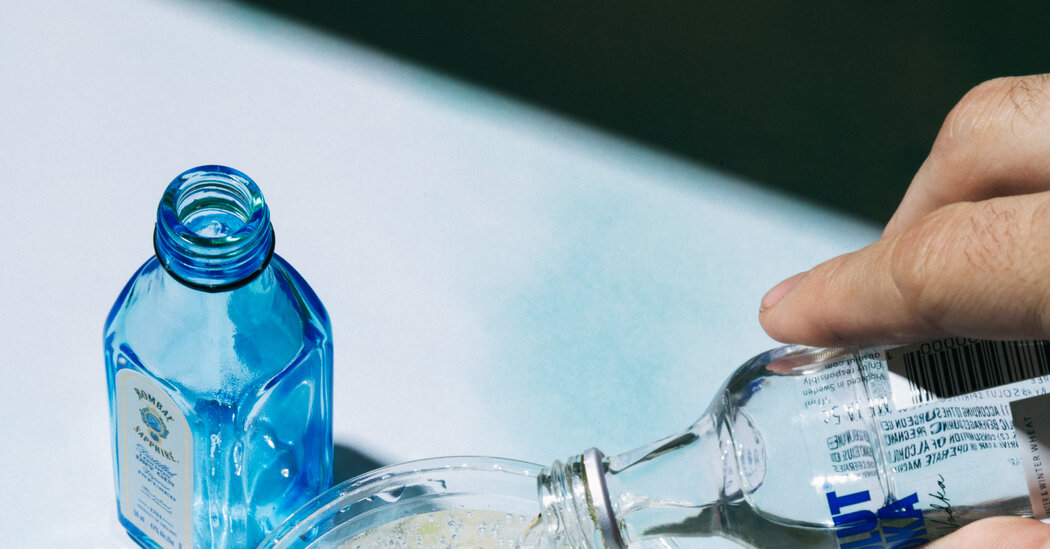Q: A cocktail or glass of wine helps me fall asleep on long flights. But are there downsides to drinking on a plane?
After the bustle of boarding and the effort of squeezing your body and baggage into compact spaces, a drink or two may feel like just the ticket.
But the results of a small study published earlier this month suggest that there are certain risks associated with consuming alcohol on airplanes, especially on longer flights when you are planning to sleep. We asked experts about the new research, and how it fits with what they already know.
How altitude and alcohol affect your body
As an airplane climbs, the oxygen level in the cabin drops, and that causes your blood oxygen level to decrease, said Dr. Colin Church, a pulmonologist and senior lecturer at the University of Glasgow in Scotland. Drinking alcohol can increase your heart rate, he added, and it has been shown to reduce blood oxygen levels during sleep.
The new study was the first to examine the combined effects of altitude and alcohol, said Dr. Eva-Maria Elmenhorst, a researcher at the Institute of Aerospace Medicine in Cologne, Germany, who led the study.
For the experiment, she and her colleagues recruited 48 healthy adults between ages 18 and 40. Half completed the study in a sleep lab with normal air pressure. The other half slept in bunk beds in an altitude chamber with air pressure mimicking that on an airplane.
